E-vehicles emerging fast and furious but laws aren't keeping up
As these things increase there will be an element of chaos. Its going to be mayhem,' says lawyer
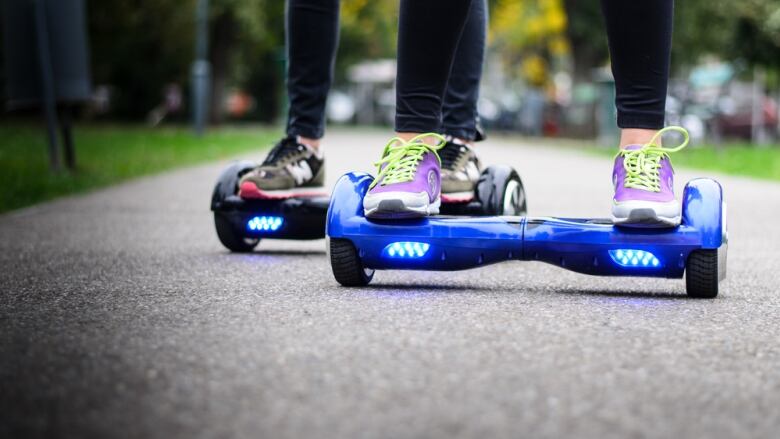
A glut of new, motorized people movers, from scooters to skateboards to electric bikes, are hitting streets and sidewalks, but so far laws aren't keeping pace according to those flocking to the new machines.
"The technology is constantly changing and the law is much slower to change," said Sgt.LorneLeckerof theRCMP'sDeasIsland Traffic Services.
He says officers can ticket e-riders based on a2012 B.C. Supreme Courtruling that basically defines anything without muscle-powered pedals as a "motor vehicle."
Leckersays the concern is that the small, hard-to-see devices move fast and can jump curbs.
"They are very hard for drivers to see. They are also travelling at a much higher rate of speed than you expect them to be," saidLecker."It's visibility. It's speed. It's power. With zero protection around you."
DanielDahlbergsays he recentlyfound outabout current rules governing e-riders the hard way.
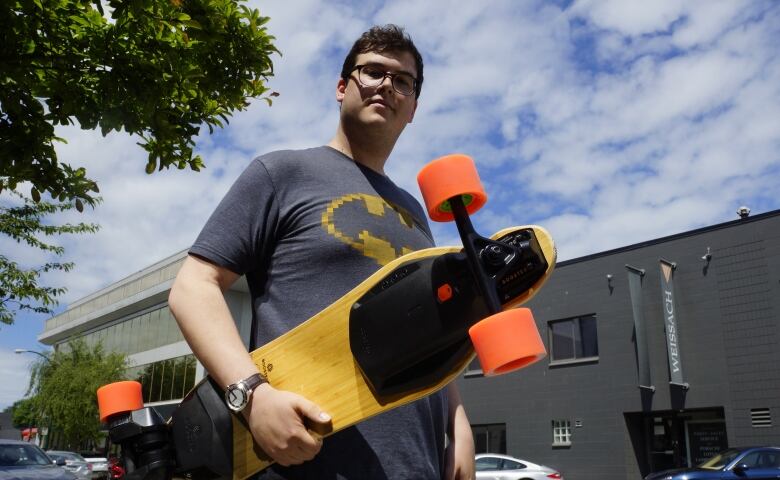
The 25-year-old was on his new motorized skateboard when he was pulled over inKitsilanoand given a $598 ticket for having no insurance and driving the machineon the road.
Most of these new e-ridesare also banned on city sidewalks, in bike lanes and on public transit meaning riders who opt to commute, or take a spin, using asegwayorhoverboard, risk nasty fines.
How to license an e-bike?
The Insurance Corporation of B.C. (ICBC) defines these pedal-less devices as miniature "motor vehicles" that must be licensed, with a few exceptions for seniors and disabled drivers.
But there's a catch.
This new type of vehicle can't be insured because they don't "meet the applicable provincial standards" to be registered, licensed or insured according toICBC.
The judge in the Supreme Court ruling said the province should review regulations around electric bikes, many of which do have pedals, which keep ridersfrom being fined.
But now there are other devices likehoverboards that weren't even thought of at the time of the 2012 ruling.

'Tensions'
Part of the problem is what lawyer David Hay describes as B.C's, "archaic" Motor Vehicle Act.
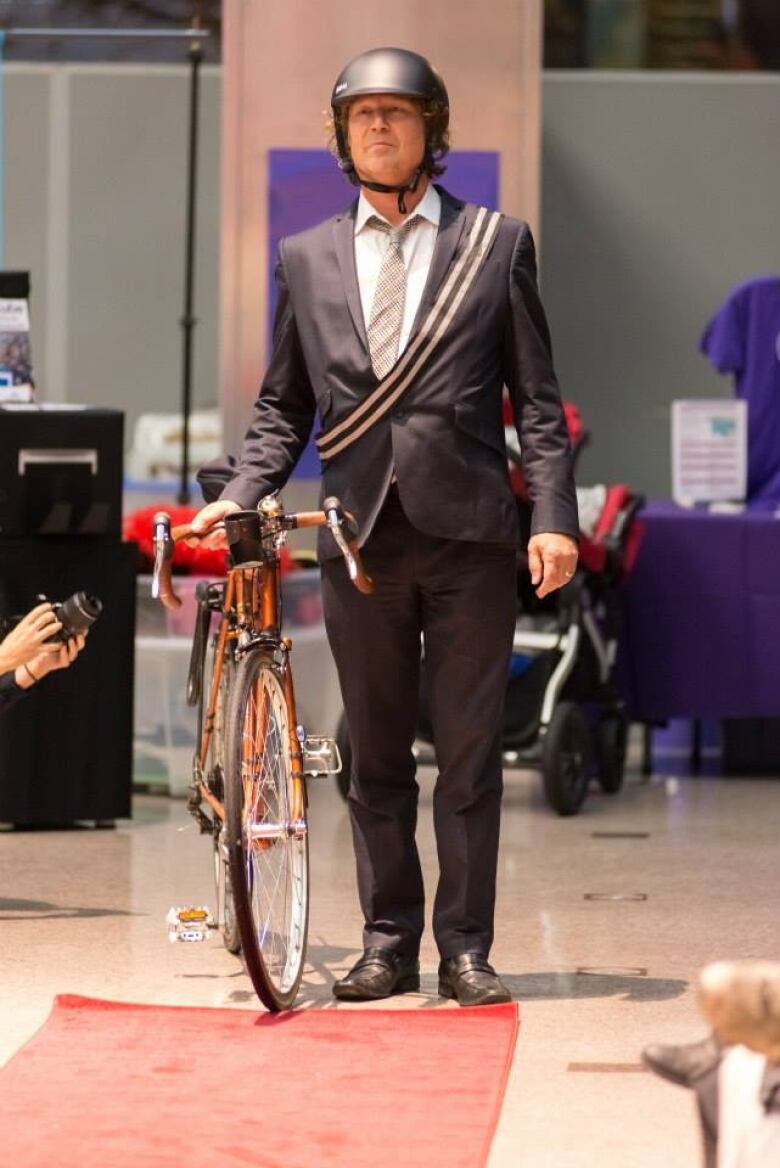
In 2002 the actwas amended to include motor-assisted cycles, but a lot has changed since then, he says.
"Now we get people going 70-kilometres per hour on one of these devices in a bike lane. So there's a lot of tension on bike paths. It's kind of unsettling," said Hay.
He is spearheading the Road Safety Reform Group which wants bike paths saved for people-powered devices only.

Riders of power-assisted bicyclessay they are opting for the mini-electric devices which offer a cheaper, greener commute.
But Hay questions the safety of allowing them en masse.
"A lot of people in Vancouver don't have money to buy a car. As these things increase there will be an element of chaos. It's going to be mayhem."
Worth the risk
But it seems there are many willing to dive into that mayhem.
Sales of e-bikes hit 35 million in 2016, and local sellers claim 100 to 500 per cent growth, according to Electric Bikes World Reports.
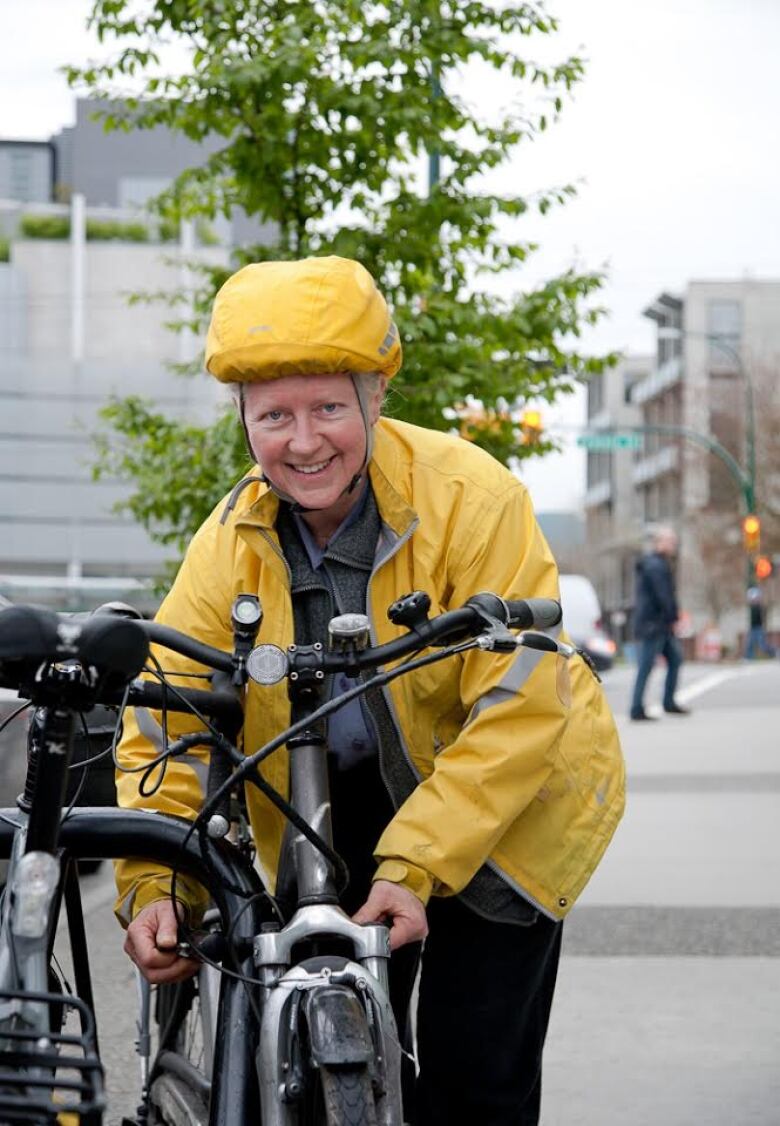
Fiona Walsh got hooked on e-biking after a trip to China, where she saw commuters using the cycles, laden with cargo.
"I was sold. I thought that is the answer. I'd been playing [in] traffic for a lot of years," said the now-retired teacher who commuted between North Vancouver and Burnaby.
She and other e-bikers say wider bike lanes and updated laws are needed to encourage the pollution-free cycles and other e-vehicles.
"Right now there is a lot of confusion, and if we want to go green in the future and try to encourage people to get out of gas-guzzling vehicles, these laws should be a little bit more lenient," said Melody Chan of Reckless Bikes in Vancouver.
So as city bike paths and roadways fill up with the latest electronic vehicles Chan and others hope the law eventually catches up and not just to issue tickets.
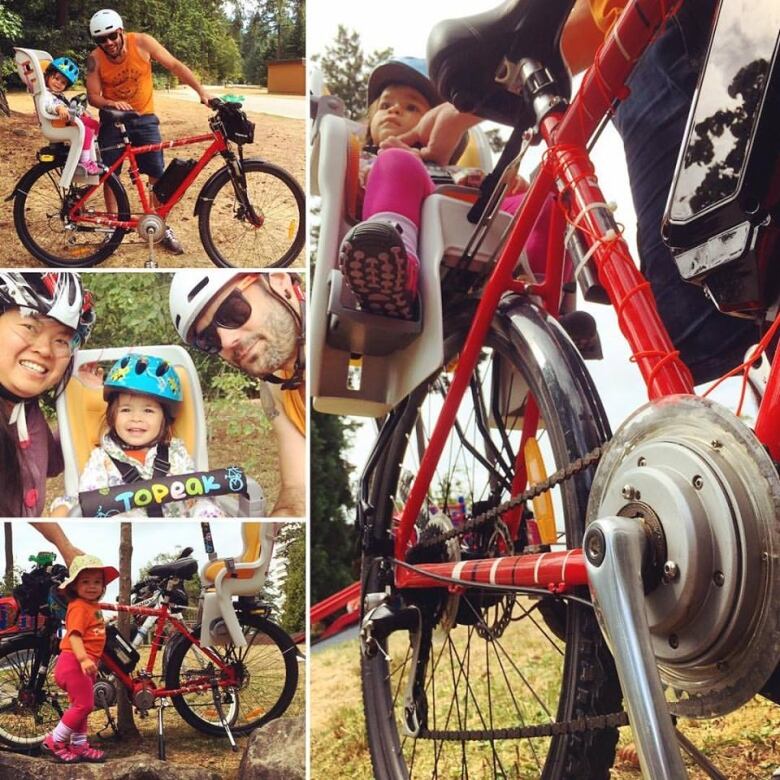













_(720p).jpg)


 OFFICIAL HD MUSIC VIDEO.jpg)
.jpg)



























































































